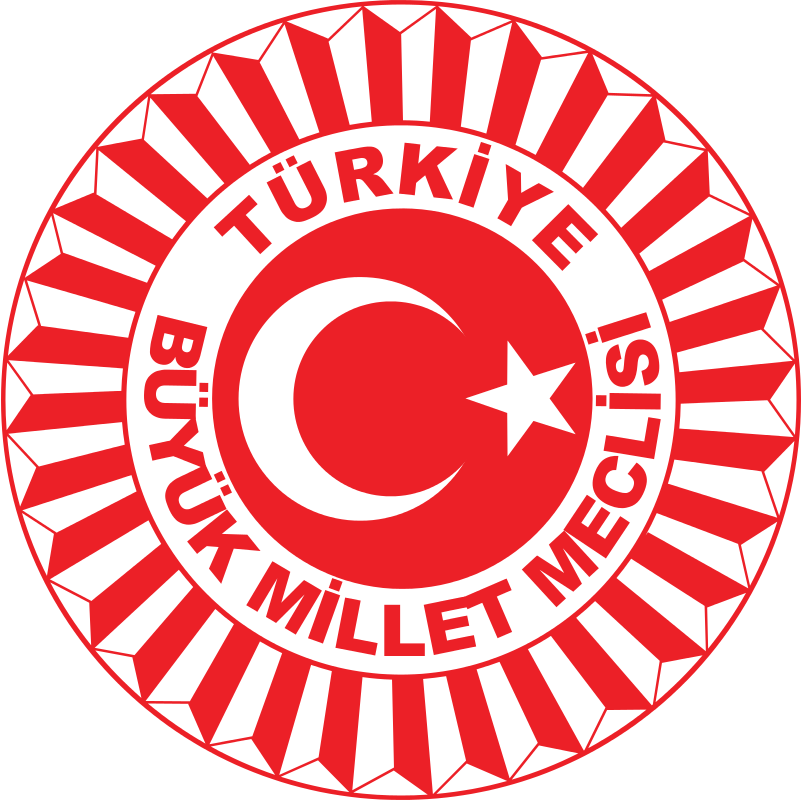Seal_of_the_Turkish_Parliament_(Türkiye_Büyük_Millet_Meclisi).svg_.png

Part 1 of 2 Parts
In the past, Turkey has been uninterested in developing nuclear weapons because the U.S. has stationed missiles with nuclear warheads in Turkey since 1959 as part of NATO agreements. It is estimated that there are fifty U.S. B61 nuclear bombs at the Turkish Incirlik Air Base to serve as a deterrent.
A 2015 report from the Carnegie Institute assessed Turkey’s nuclear posture. The report said that the most probable scenario in which Turkey would seek to acquire nuclear weapons would be if the relationship between Turkey and the U.S. and NATO deteriorated. Under the Trump administration, the U.S. relationship with Turkey has, in fact, deteriorated.
There are nations in the Middle East and elsewhere who would like to see Turkey lose its place under the U.S. nuclear umbrella. Russia has signed defense treaties with Turkey including the sale of the S-400 Russian air defense which makes Turkey less dependent on NATO for self-defense. Iran and Syria would both like to see nuclear weapons removed from Turkey. This would reduce the U.S. security presence in the Middle East.
Turkey has recently been pursuing what is called nuclear latency which consists of acquiring the materials, equipment and technical expertise needed to develop nuclear weapons.
Turkey’s has shown a strong interest in developing nuclear power plants. While these plants would be generating electricity for Turkey’s energy marketplace, some of the technologies involved could also be used for a nuclear weapons program. This is referred to as “dual use.”
Turkey first began to work on commercial nuclear power in the 1970s. These initial efforts were abandoned after a Pakistani nuclear test in 1998. Turkey wanted to join the EU and was concerned when Pakistan suffered international condemnation for the nuclear test. They were afraid any involvement in even nuclear power might make it more difficult for them to join the EU.
Currently, the Akkuyu nuclear power station is being constructed on Turkey’s Mediterranean Coast. The project has awakened the interest of international security analysts for several reasons.
First, the schedule for its construction is about five years whereas most nuclear builds require from ten to fifteen years as recommended by the International Atomic Energy Agency. It will also be the first nuclear power station ever built under the Russian “Buy Own Operate” (BOO) model. Rosatom, the Russian nuclear company, is building the Akkuyu nuclear power station. Since this is a unique situation it is not clear exact who is responsible for operations, ownership of processes and inspections.
Second, Turkey is ramping up its indigenous ballistic missile program and other related defense products. Turkey launched its first fully indigenous missile in the spring of 2017. Domestic defense spending increased almost forty percent from 2016 to 2017.
It has been suggested by some analysts that Turkey appears to have a strong desire for nuclear weapons. One response to this is that Turkey does not have the capability or the equipment necessary to start a nuclear weapons program and that the claim that they are working on nuclear weapons is propaganda for domestic consumption. A former Turkish parliamentarian said, “Erdogan has a strong desire to make Turkey into a nuclear power, but not the capacity,” and that the “pro–government media often exaggerate the strength of the military to increase morale in Turkey”.
Please read Part 2